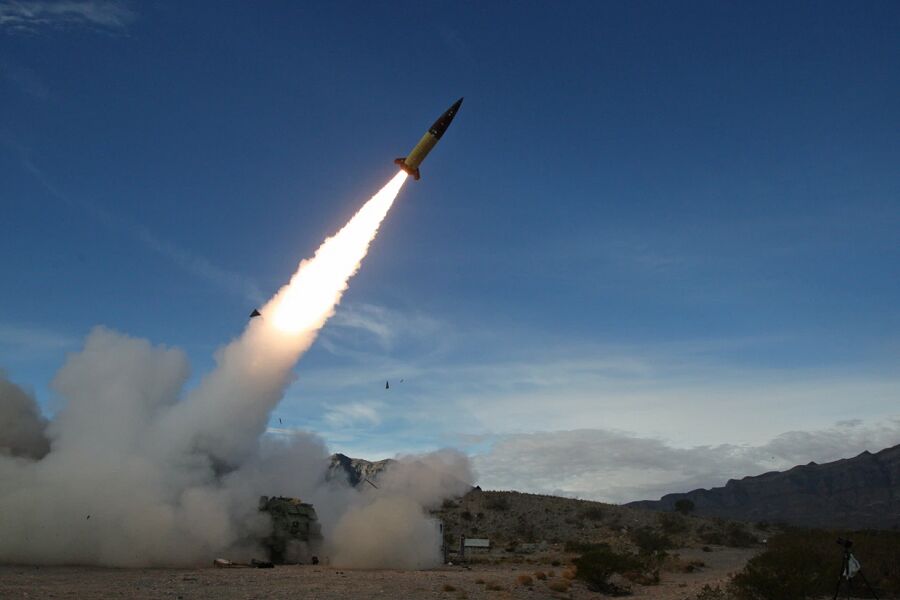On Sunday night, the Iranian regime took the significant step of canceling all flights nationwide, a decision that will remain in effect until 6 AM local time the following Monday. State-run media outlets attributed the flight cancellations to “operational restrictions.” This measure appears to be a precautionary response linked to escalating military tensions in the region, particularly following the recent barrage of missile strikes that Iran launched against Israel. This cancellation reflects the heightened state of alert within the Iranian government as they navigate the repercussions of their aggressive military actions.
The preceding week saw Iran unleash over 200 missiles aimed at Israel, a substantial escalation in the ongoing conflict between the two nations. The Iranian government framed this missile barrage as a retaliation for recent Israeli military operations that targeted top leadership within Hamas and Hezbollah. This includes the high-profile killing of Hezbollah’s leader, Hassan Nasrallah, which was cited as a significant catalyst for Iran’s response. By referring to the missile launch as a “revenge attack,” Iran sought to reinforce its position in the broader context of regional dynamics and to rally its supporters by emphasizing a narrative of resistance against Israeli aggression.
Hamas and Hezbollah, both supported and funded by Iran, are key players in the ongoing tensions with Israel. These groups operate as Iranian proxies with the stated goal of opposing Israeli expansion and influence in the region. The Iranian missile launch is part of a broader strategy by the regime to assert its power and influence through its militant proxies, aiming to challenge Israel’s military supremacy and disrupt the regional balance of power. However, despite the volume of missiles fired, the majority were intercepted by Israeli air defense systems, highlighting the effectiveness of Israel’s military capabilities in countering such attacks.
The strategic landscape of the Middle East is increasingly precarious, with the potential for a multi-state war looming larger. This situation has been exacerbated by what some observers perceive as a lack of strong leadership from the Biden administration. Critics argue that President Joe Biden and his administration have not adequately addressed the escalating tensions or demonstrated a robust understanding of the complex geopolitical factors at play. As the conflict heats up, many in the region are looking to the United States for guidance and support, raising concerns about the consequences of perceived inaction or indecisiveness.
In response to the Iranian missile attacks, Israeli leaders have expressed their intentions to retaliate, signaling a possible escalation in military actions from both sides. The Israeli government remains determined to protect its territory and interests and has indicated that it will not tolerate aggressive actions from Iran or its allied groups. Both nations stand at a crossroads, as military actions and retaliatory strikes could lead to further conflict, destabilizing an already volatile region.
As tensions continue to rise, the international community watches closely, with implications that could extend beyond the Middle East. The ongoing conflict underscores the complexity of the relationships within the region and the role of external powers in shaping these dynamics. The decisions made in the coming days and weeks will be critical in determining whether a path toward diplomacy can be pursued or if the situation will devolve into wider military confrontations.

